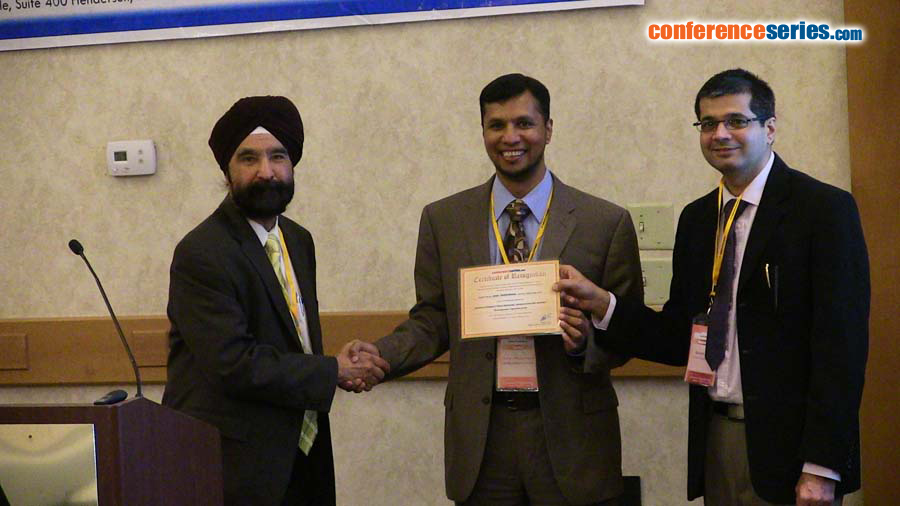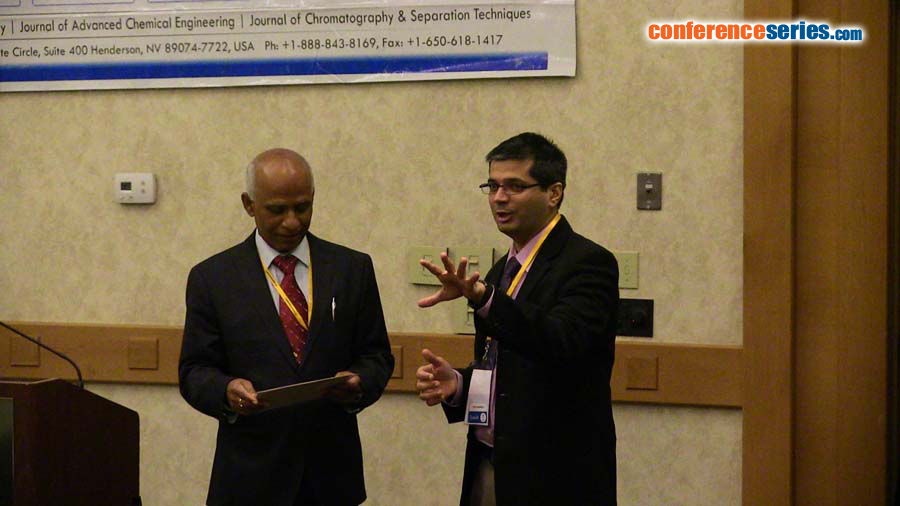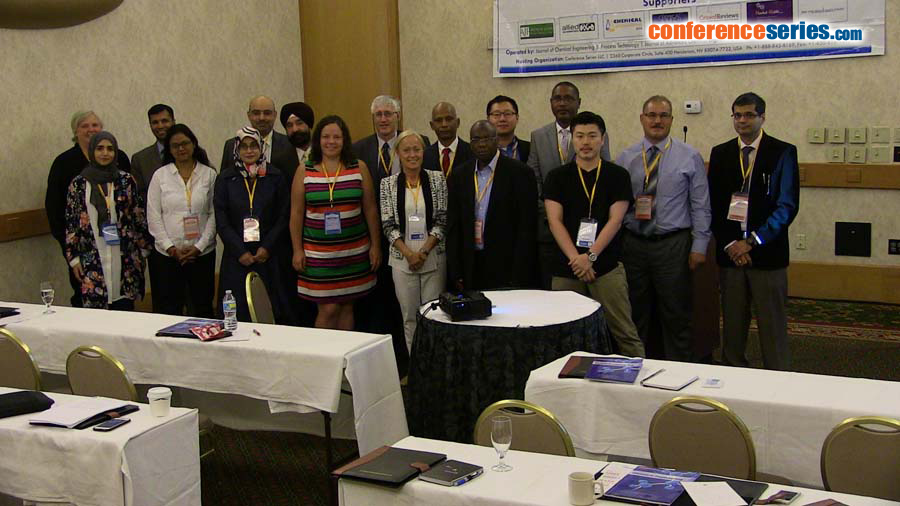
Haresh Manyar
Queen’s University Belfast, UK
Title: Process intensification using catalysis for renewable fuels and chemicals
Biography
Biography: Haresh Manyar
Abstract
Sustainable production of biomass derived renewable fuels and chemicals are a key future technology for constraining global warming and replacing fossil resources. However, for sustainable and economically viable bio-refinery we need higher process efficiencies, better catalysts and new chemical processes. In our research group, we have keen interest in process intensification using catalysis based on rational design criteria for developing high-performance catalysts using density functional theory calculations and in-situ operando spectroscopy techniques. Herein, we presented process intensification of selective hydrogenation of plant oils, fatty acids and amides for production of renewable hydrocarbons, fatty alcohols and amines. In comparison with many carbonyl hydrogenations, the hydrogenation of amides/carboxylic acids is most difficult due to weak polarizability and lower reactivity of carbonyl group. Hence current manufacturing processes are expensive and hazardous requiring high pressures and temperatures (200-400 bar hydrogen, 200-400oC). Herein, we reported selective hydrogenation of amides and carboxylic acids under remarkably low reaction temperatures and pressures (5-20 bar hydrogen, 60-130oC) using Pt/TiO2 and Pt-Re/TiO2 catalysts. The catalyst and reaction conditions were tuned to obtain either alkanes or alcohols with high selectivity. Theoretical gas phase DFT simulation studies over a Pt-Re surface were performed to predict the enhanced hydrogenation activity through synergistic interaction of Pt and Re and compared with the experimental results from the hydrogenation of different amides/carboxylic acids. A two-site Langmuir-Hinshelwood (L-H) kinetic model was developed to describe the reaction kinetics. To further ease the technology transfer, a continuous flow process was also developed.




